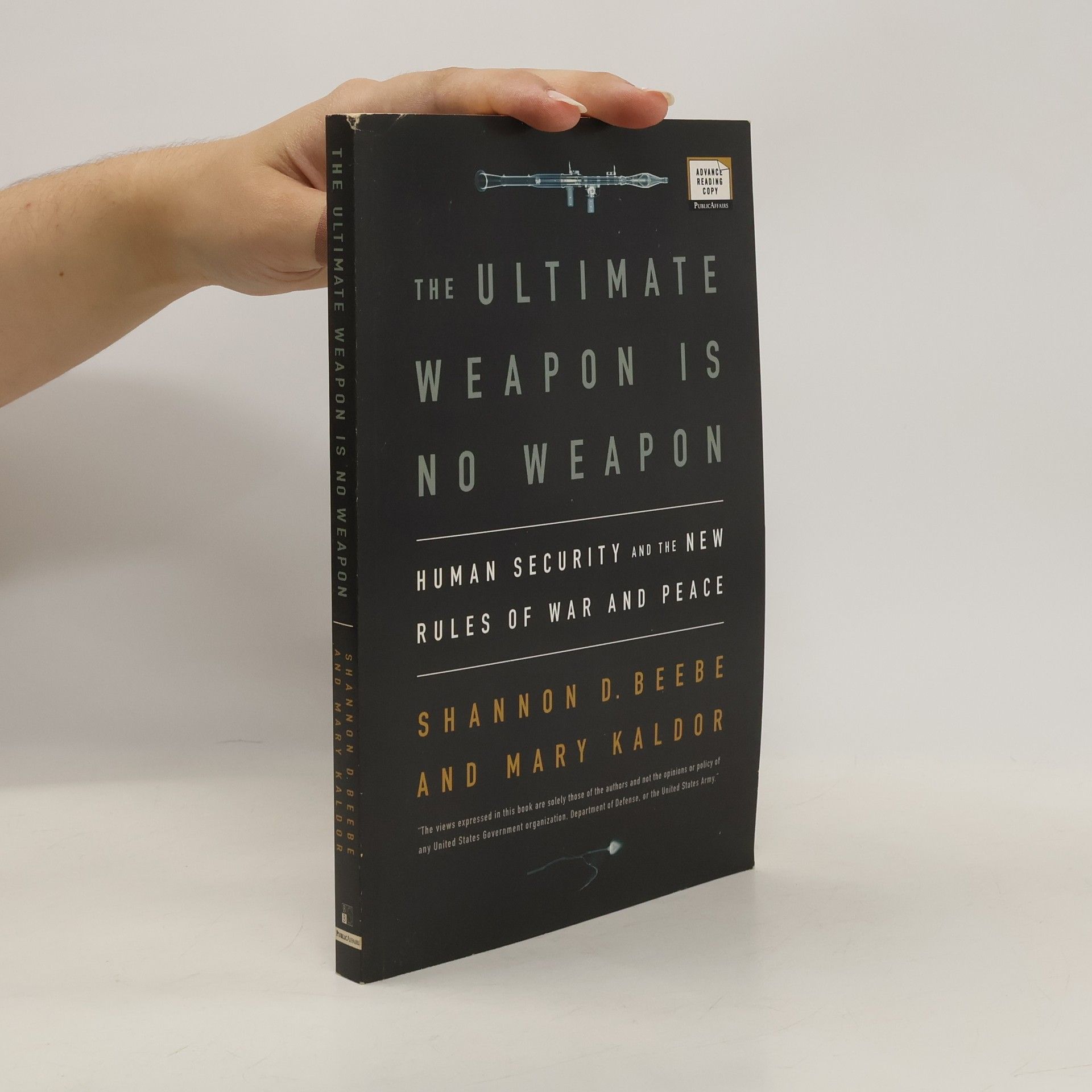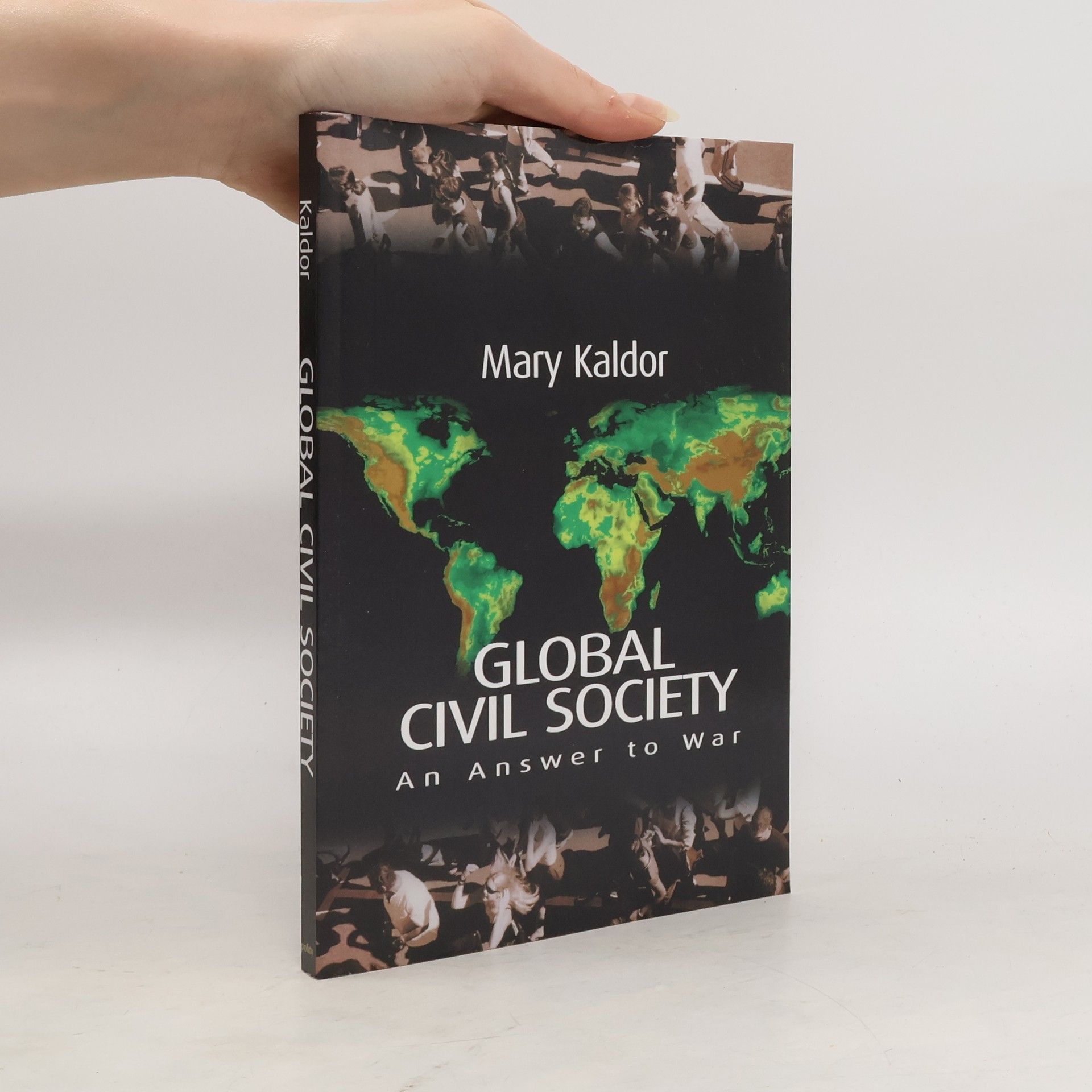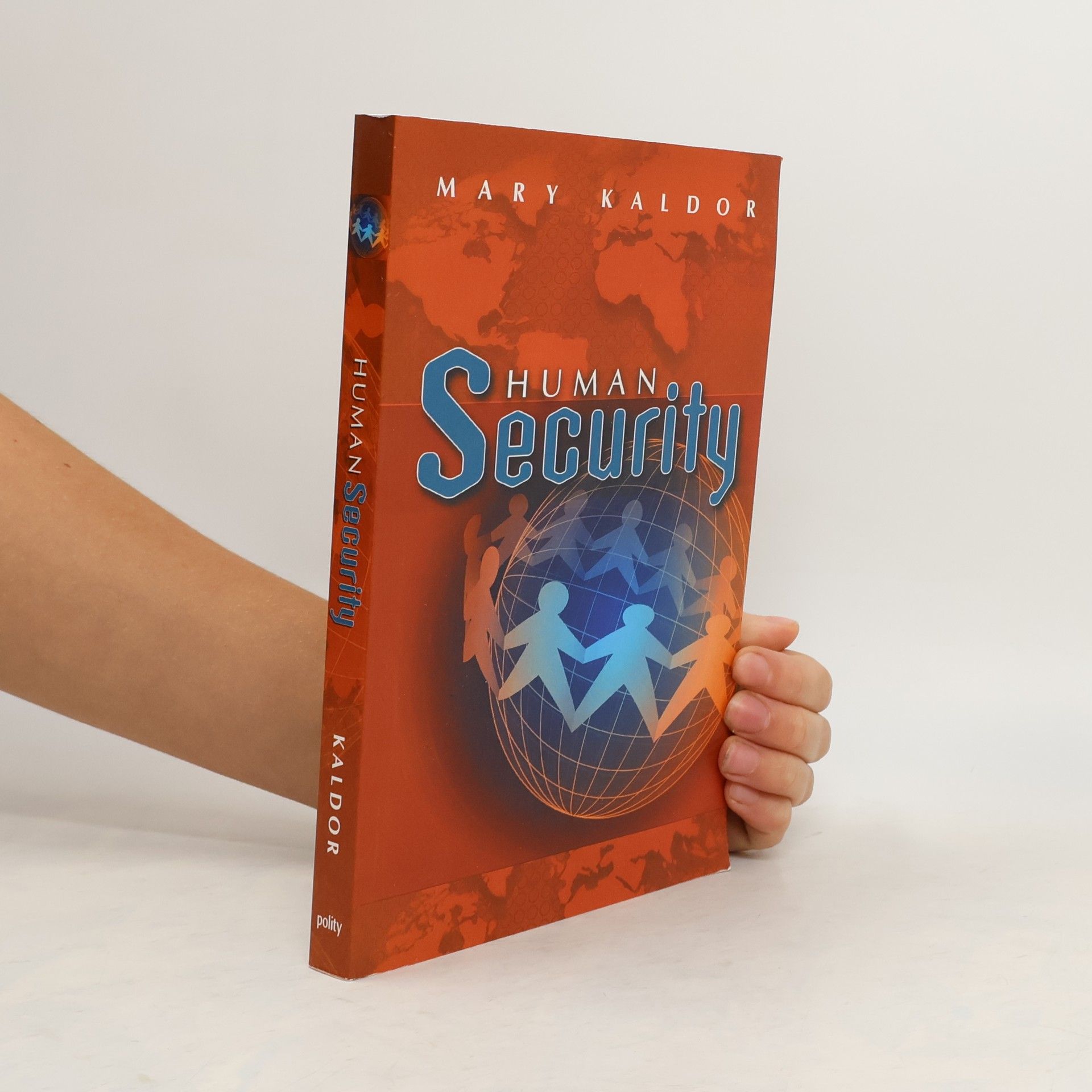Neue und alte Kriege
- 278 Seiten
- 10 Lesestunden
Ulrich Beck ist ein international anerkannter Soziologe, dessen 1986 veröffentlichtes Werk über die Risikogesellschaft ein neues Zeitalter einläutete und ihn weit über akademische Kreise hinaus bekannt machte. Zwanzig Jahre später erweiterte er seine Analysen in einem weiteren Buch, das sich mit der Suche nach Sicherheit in Zeiten von Terrorismus, Klimakatastrophen und Finanzkrisen beschäftigt. Zwischen 1997 und 2002 war er Herausgeber der Reihe Edition Zweite Moderne im Suhrkamp Verlag und von 1992 bis 2009 Professor für Soziologie an der Ludwig-Maximilians-Universität München. Zudem war er von 1999 bis 2009 Sprecher eines von der Deutschen Forschungsgemeinschaft geförderten Sonderforschungsbereichs. 2012 erhielt er eine Förderung für ein Projekt über Methodologischen Kosmopolitismus im Kontext des Klimawandels. Für seine Verdienste wurde Beck 2014 mit dem Lifetime Achievement Award der International Sociological Association ausgezeichnet. Er wurde am 15. Mai 1944 in Stolp geboren, studierte in München und promovierte 1972. Seine Forschung konzentrierte sich auf den Wandel moderner Gesellschaften, wobei er Konzepte wie Reflexive Modernisierung und Kosmopolitismus entwickelte. Beck wurde mit mehreren Ehrendoktorwürden und Preisen ausgezeichnet und starb am 1. Januar 2015. Mary Kaldor, geboren 1946, ist Professorin für Global Governance an der London School of Economics.






